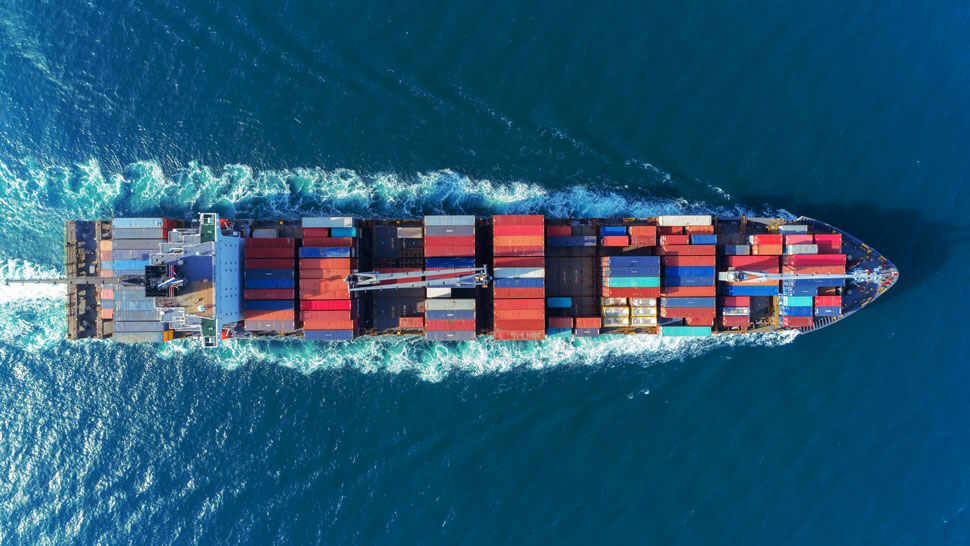

Key aspects of international trade
Success in international trade is a broad subject and use of incoterms is only a small part of that. Most legal guides to growing your business overseas focus on trade terms and contracts for selling your products in overseas markets.
Those are important, but they might not be crucial for you.
First of all, supply might be more important than sales. Perhaps your ideal market is right here in the UK, and what you really need is cheaper raw materials or finished goods that can be supplied on spec from Uruguay or Vietnam or somewhere else. Maybe that will save you costs and increase profits.
Second (and anyone who knows us has heard this said very often): contracts are only as valuable as the parties who sign them. What is the point in having a wonderfully drafted contract if your counterparty is hopeless? Answer: there is no point; you’ve just wasted a few thousand pounds and who knows how much time on negotiating with a company that can’t distribute for you or won’t supply what you want.
Due diligence
So what should you do instead? Due diligence. We love due diligence at HCR and we’re good at it. Don’t kid yourself you know who you’re dealing with just because you met the chairman and she seemed clever. How do you know you’re even dealing with the right legal entity? What if it’s part of a corporate group? What IP risk are you signing up to? What liabilities has the entity already incurred? Are you complying with local law?
When we’ve signed off on all that, we can proceed.
The other factors can be set out as dos and don’ts.
Do you need more help? Contact our International team now.
Do
- your homework, not just on the counterparty but on the country in question. Do market research. Ask for help (the DIT has terrific free resources).
- protect yourself from currency fluctuations. With the major economies of the world this is less of an issue but at least share the risk with your counterparty.
- talk to businesses owners who have experience overseas, but don’t believe the hype. You learn more from failures than you do from successes, especially since many people have succeeded more by luck than judgment and their success plan is therefore not transferrable.
- be aware that each country is going to have differing legal quirks. Saying you’re going to “take the common-sense approach” or having your contracts governed by English law is not a magic way of making foreign legal jurisdictions disappear. Make sure you have at least asked the right questions and considered enforcement of your contract, execution formalities, product compliance, and identification of the counterparty
- learn about trade barriers: these can be in the form of taxes and tariffs, or product quality, security, food safety or environmental protection.

Don’t
- act on impulse – you may be great at spotting an opportunity, but it’s a huge world out there. Develop a global strategy first, then look for opportunities that fit with the strategy. Don’t shape your strategy around someone you’ve just met. You’re an expert in your product, so identify markets where your product is needed and where customers can benefit.
- believe there are zero-risk payment structures. Get paid in advance if you can, but don’t believe that relying on a standby letter of credit means that all risk has gone. In fact it just opens you up to potential criminal liability if you take the money you’re entitled to under Incoterms but don’t deliver the product all the way. (Note: this is a complicated area of law, and too complicated to explain here. Suffice to say that, just because you’ve delivered to the right point under Incoterms, you might still be liable under foreign countries jurisdictions under tort or criminal law. It depends on the circumstances.)
- waste time on Facebook or other social media trying to see which countries give you the most hits when you promote your product. That proves nothing other than which countries have people who like to spend time on social media. Learn how to do meticulous market research, or simply hire professionals.
- listen to those who tell you it’s “all about relationships”. Relationships are, of course, incredibly important, especially in low-trust economies such as China. But they are no substitute for hard skills like legal compliance and financials. In any case what you think of as a relationship probably isn’t one in China. If you weren’t friends outside business, then it’s just business.
Luck is as important an aspect of doing business as anything else, but it can’t be controlled. We’re here to help you control the ones that can.










